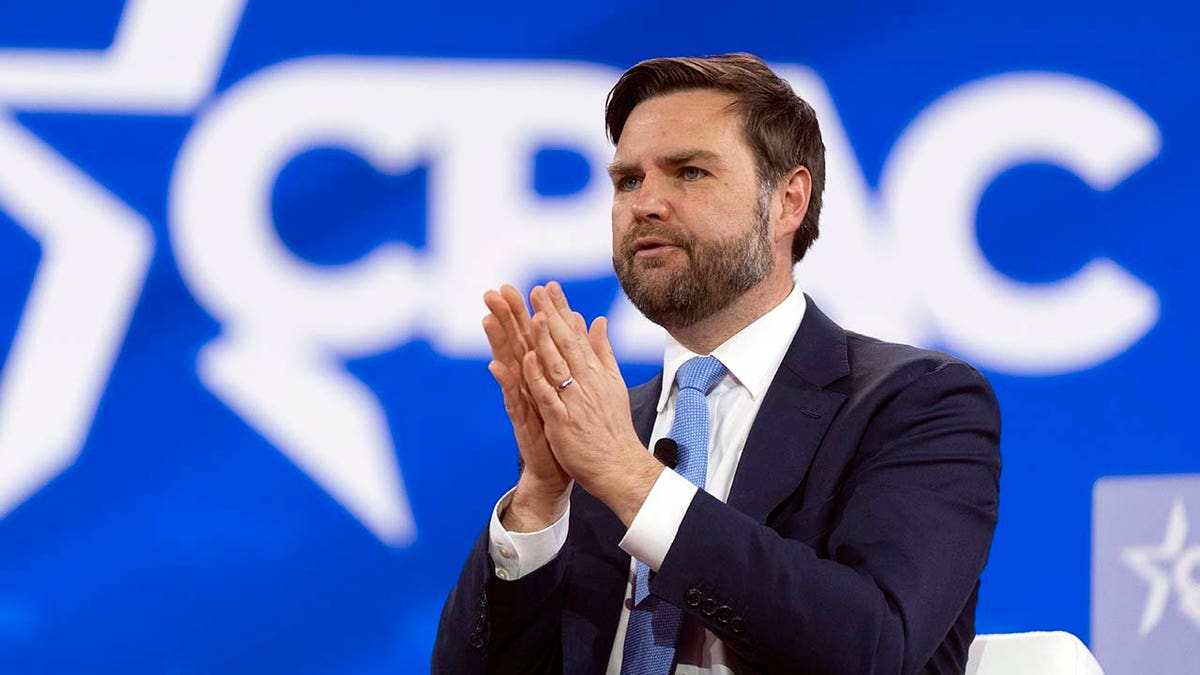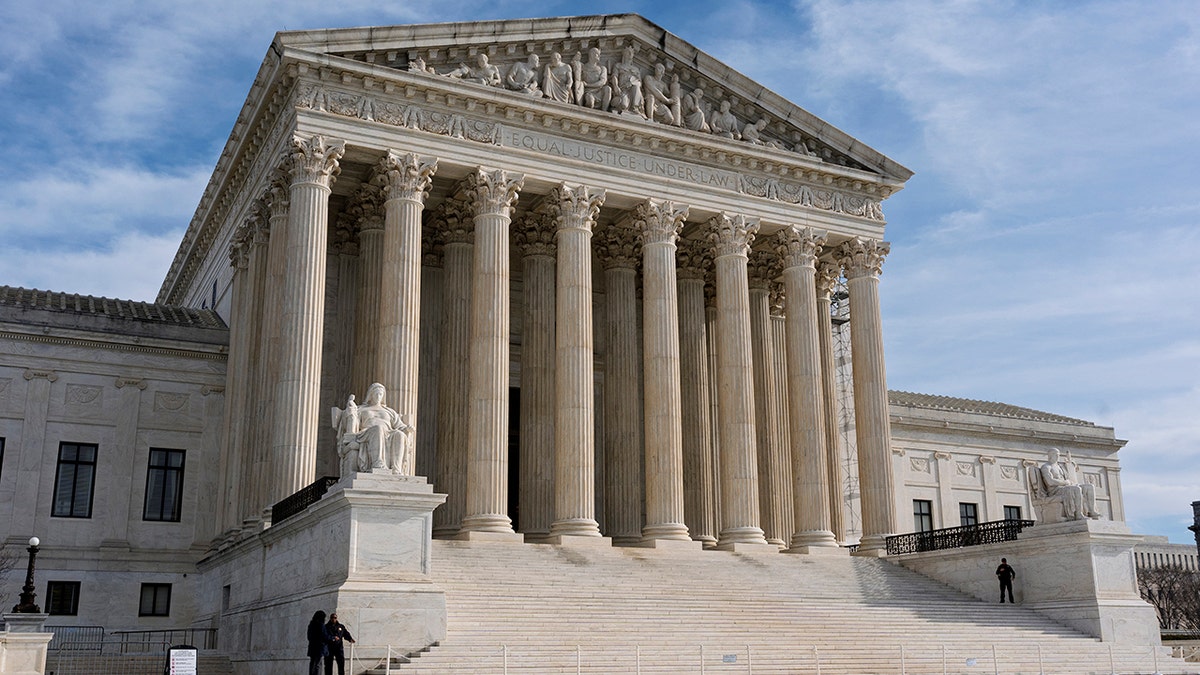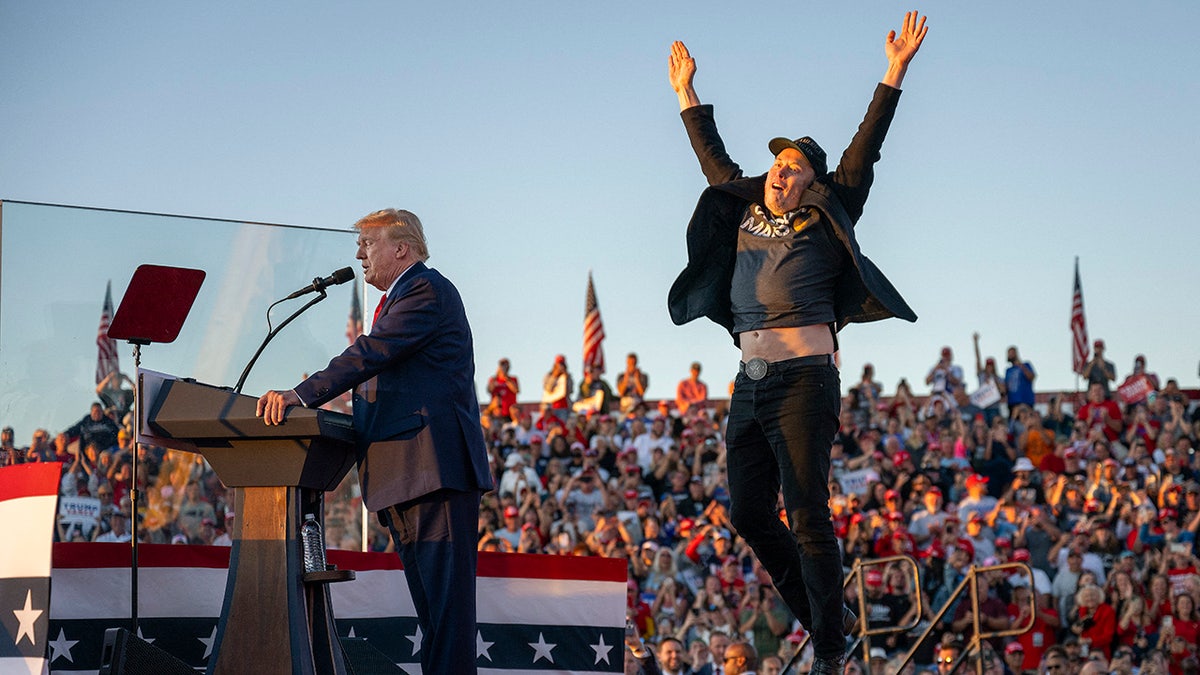Dems vow to fight ‘tooth and nail’ as Supreme Court takes up campaign finance case

NEWYou can now listen to Fox News articles!
Senior Democratic Party officials vowed Monday to “fight tooth and nail” to keep in place federal campaign spending limits up for Supreme Court review this fall — describing the GOP-led effort to repeal the limits as unprecedented and dangerous ahead of the 2026 midterm elections.
The Supreme Court on Monday agreed to review the case, National Republican Senatorial Committee v. Federal Election Commission, taking up a challenge filed by the National Republican Senatorial Committee, the National Republican Congressional Committee, and on behalf of two Senate Republican candidates, including now-Vice President JD Vance, following the 2022 elections.
In a statement Monday, the Democratic campaign groups vowed to fight back against what they characterized as the GOP’s attempt to “sow chaos and fundamentally upend our campaign finance system, which would return us to the pre-Watergate era of campaign finance.”
SUPREME COURT TO HEAR REPUBLICAN CHALLENGE THAT COULD SHAKE UP US ELECTIONS
At issue are federal spending limits that restrict the amount of money political parties can spend on behalf of certain candidates — and which Republicans argue run afoul of free speech protections under the First Amendment of the Constitution.
A decision from the Supreme Court’s 6-3 conservative majority could have major implications on campaign spending in the U.S., further eroding the Federal Election Campaign Act of 1971, a law Congress passed more than 50 years ago with the aim of restricting the amount of money that can be spent on behalf of candidates.
That law, and subsequent amendments, restricts the amount of money that political parties can funnel into certain campaigns.
Senior Democratic Party officials described the GOP-led effort Monday as the latest effort by Republicans to claw back campaign spending limits and erode some 50 years of federal election law.
“Republicans know their grassroots support is drying up across the country, and they want to drown out the will of the voters,” DCCC chair Suzan DelBene, DSCC chair Kirsten Gillibrand, and DNC chair Ken Martin said in a joint statement Monday.

The case is almost certain to be one of the most high-profile cases heard by the Supreme Court this fall.
Adding to the drama is the involvement of the Trump-led Justice Department, which said in May that it planned to side with the NRSC in the case — putting the Trump administration in the somewhat unusual position of arguing against a law passed by Congress.
JUDGES V TRUMP: HERE ARE THE KEY COURT BATTLES HALTING THE WHITE HOUSE AGENDA

Justice Department officials cited free speech protections as its basis for siding with the NRSC, which they said represents “the rare case that warrants an exception to that general approach” of backing federal laws.”
Meanwhile, the Democratic groups sought to go on offense with their message, describing the GOP efforts as the latest iteration of a decades-long effort to “rewrite” election laws in ways that benefit the party. They cited another Republican-led challenge to campaign spending limits brought more than 20 years ago, in Colorado Republican Federal Campaign Committee v. FEC.
That challenge was ultimately rejected by the high court, DNC officials noted.
“To date, those efforts have failed at every turn, ensuring a stable, predictable campaign finance structure for party committees and political candidates across the country,” DNC officials said.
JUDGES V TRUMP: HERE ARE THE KEY COURT BATTLES HALTING THE WHITE HOUSE AGENDA

Meanwhile, Republican officials praised the Supreme Court’s decision to take up the case, which they described as helping the GOP ensure they are in “the strongest possible position” ahead of the 2026 midterms and beyond.”
“The government should not restrict a party committee’s support for its own candidates,” Sen. Tim Scott, R-S.C., and Rep. Richard Hudson, R-N.C. who chair the NRSC and NRCC, respectively, said Monday.
“These coordinated expenditure limits violate the First Amendment, and we appreciate the court’s decision to hear our case,” they added.
Read the full article here









